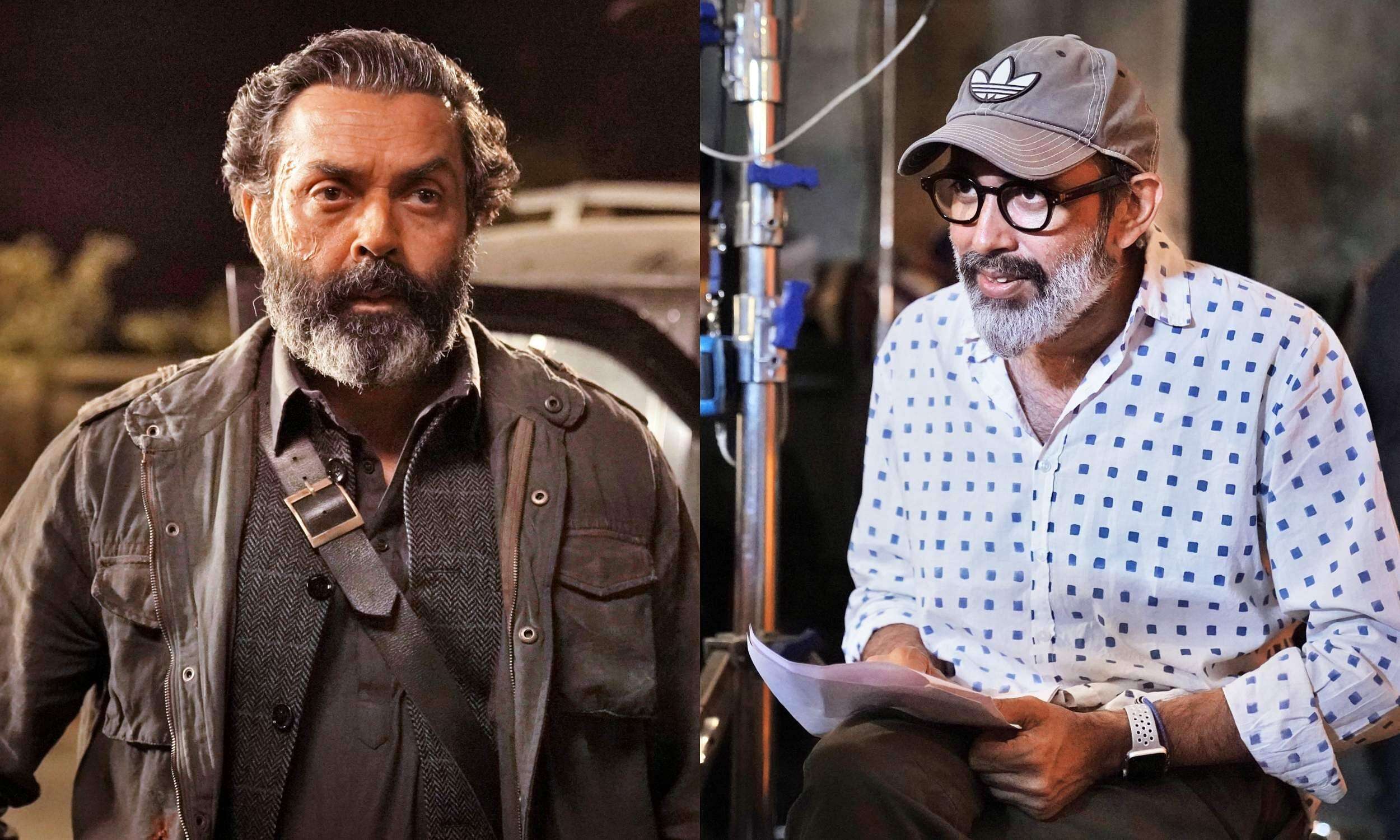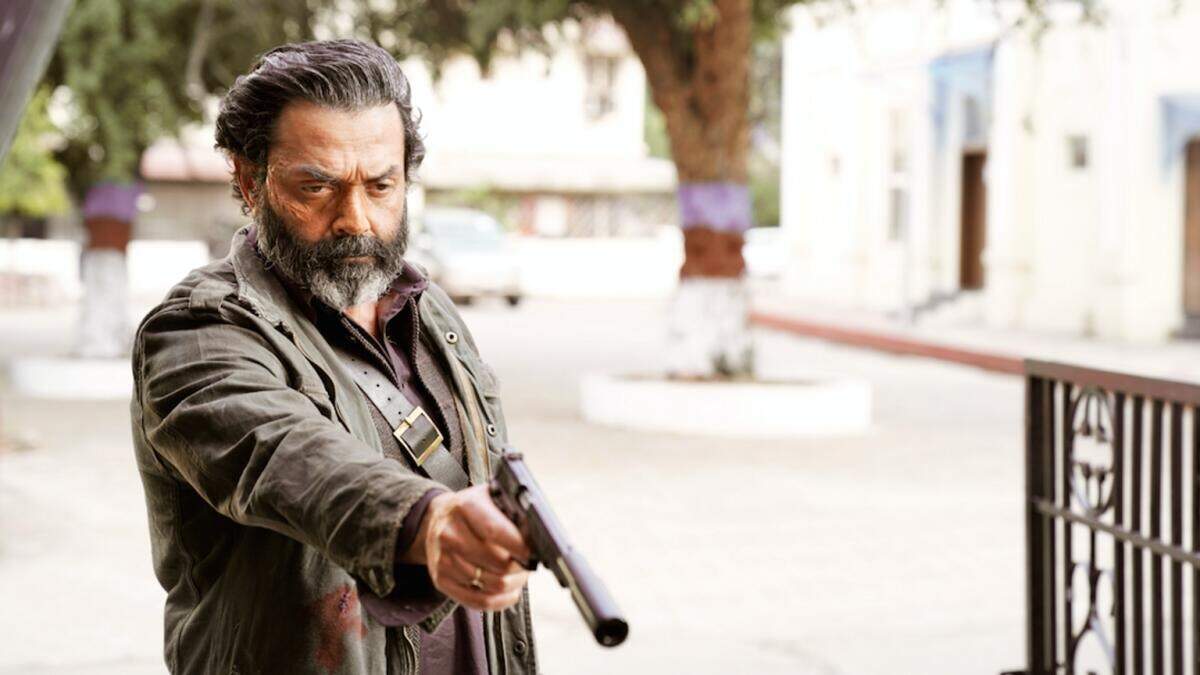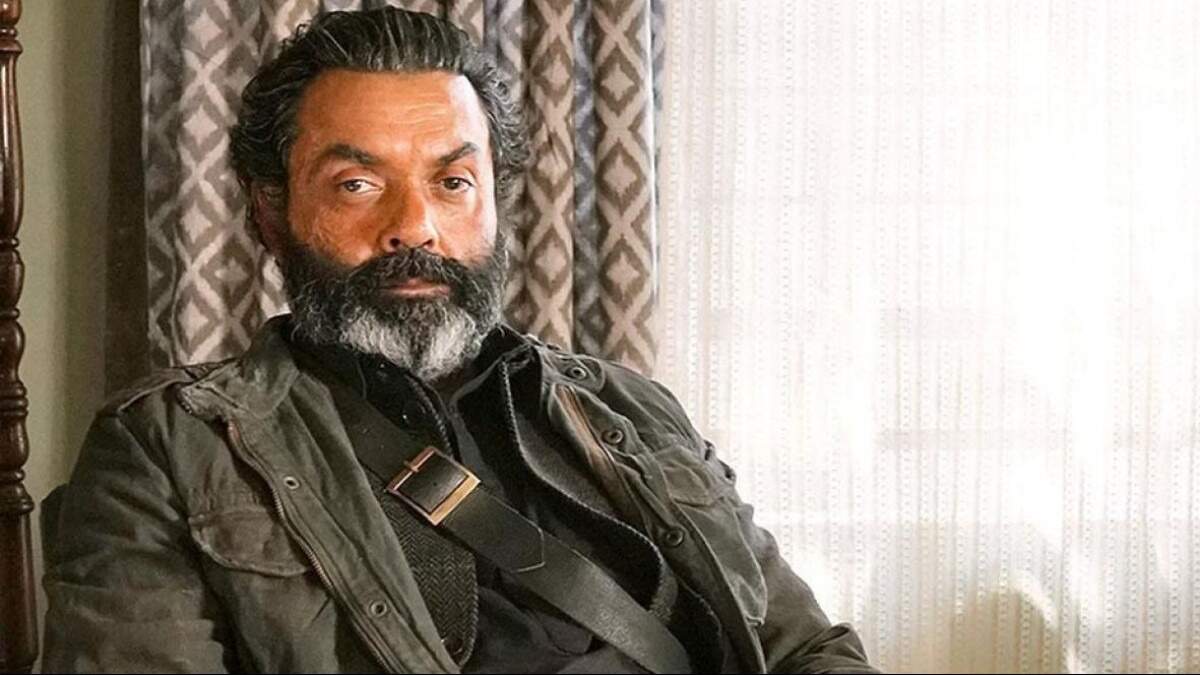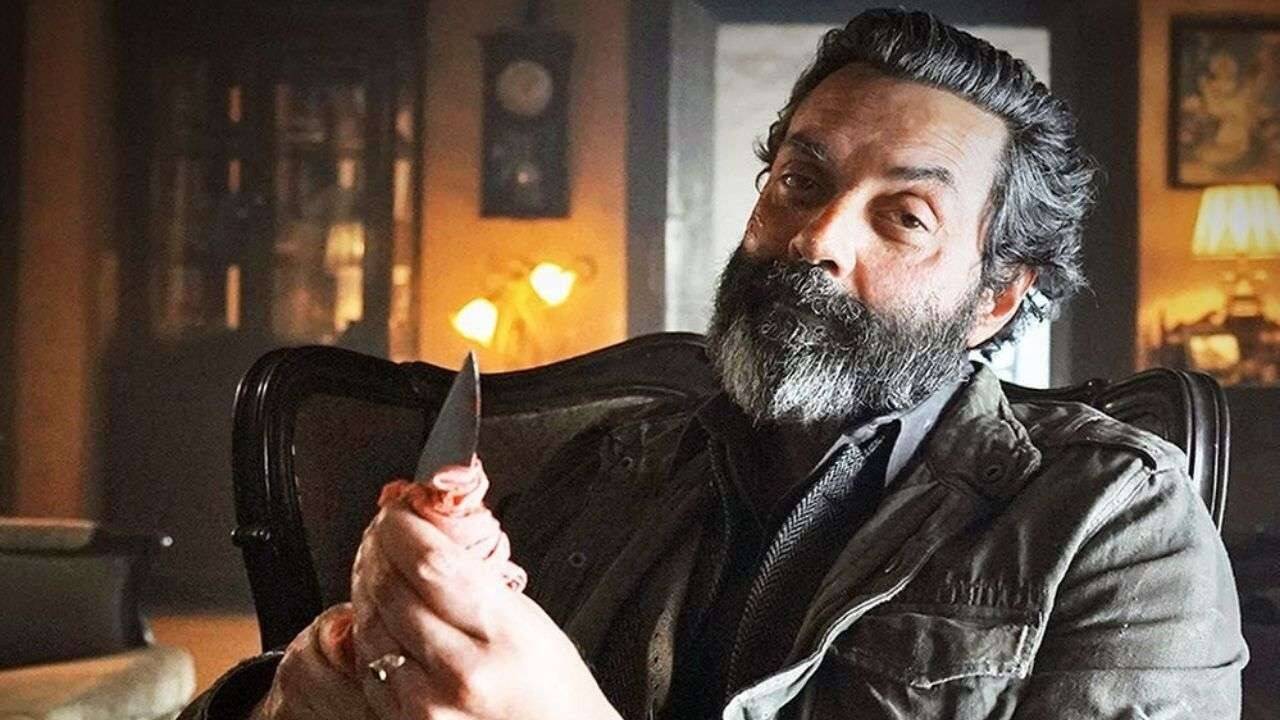Love Hostel: Bobby Deol went Animal-mode in Shanker Raman’s slept-on thriller, and nobody noticed

Post Credits Scene: Since his comeback half a decade ago, Bobby Deol has been playing almost exclusively negative characters, mostly to disappointing results. However, there is one outlier in his recent resume: Shankar Raman's romantic thriller, Love Hostel.
Love Hostel Bobby Deol in a still from Love Hostel.

In the fine tradition of films like Ward and RRR, whose veiled homoeroticism has inspired cult conspiracy theories and plenty of colorful analysis, Sandeep Reddy Vanga's Animal appears to be aiming for a 5 on the Kinsey scale. The recently released trailer of the film ends with Lord Bobby Deol's villain tearing off his shirt and then Ranbir Kapoor's protagonist with a symbolic post-coital smoke. Despite not having a single word of dialogue — it's, ahem, said to be silent throughout the film — Deol's antagonist was by far the most interesting thing about the promotional piece that leaves you with nothing but strong urges. take a bath
Since his comeback a few years ago, the one-time matinee idol has mostly played villains, and a quick look at his upcoming films suggests that this is the path he has chosen to stick to. These characters are one-dimensional, sleepy-eyed and stone-faced badasses who rarely say what they're thinking - this, in all likelihood, is more down to Deol's limitations as an actor than how they're written. But amidst a series of subpar projects in the actor's recent filmography, there is one gem. Released just last year, director Shankar Raman's romantic thriller, Love Hostel, had all the makings of a cult classic, but a haphazard release on ZEE5 ensured that it languished till date.

Love Hostel makes the best use of Deol's skills, casting him as a silent assassin named Dagger - a cross between the Terminator and John Wick. Like Keanu Reeves' Hitman, Dagger lives by a code, seems to have risen from the dead, and has a canine companion who tags along. What he lacks is a redeemable quality. Dagger is a cold-blooded killer who goes on a remorseless rampage during the film and leaves at least 50 dead bodies in his wake.
He justifies his actions by convincing himself that he is a social servant to put people on the path of righteousness. But despite having the deadest of eyes, often peering out from behind a pair of plain glasses, he is not a mindless killer. Dagar is hired by a politician in Haryana to find his granddaughter (played by Sanya Malhotra), who has run off with a Muslim man (played by Vikrant Massey), and is sent to a safe-house by the court. Unfolding like a chase thriller with hints of true romance and badlands, Love Hostel gives Deol arguably the best role of his career, positioning him as the embodiment of all the hate, bigotry and misguided rage that our country has been encouraging in recent years. .
Despite his massive stature, Deol appears to glide in and out of rooms. Without moving a muscle on his face, he manages to express disgust at the very idea of love. Damaged beyond redemption, Dagger kills not out of a misplaced sense of justice, but out of pure, unfiltered rage at what he sees as a personal betrayal. His actions do not evoke sympathy, but understanding his core emotions, which are all basic, certainly humanizes him to a point - he is not a caricature, but a real character.

For most of the film's lean 100-minute run time, Dagger's name is invoked with a sense of dread, almost as if it were some otherworldly spirit. His works are the stuff of legend; The very mention of his name makes locals shudder. In the opening scene, Dagger fills up a tank of free fuel for his Thar when the gas station attendants recognize him, and react as if they were Boobies themselves. No one who had the misfortune of crossing paths with him could imagine getting out alive. Dagger may not eat. If he comes to your door, he's likely to kill you with a headshot between the eyes. In carefully paced sequences of mayhem, Raman establishes the unstoppable force of nature that is the character. And it helps that Deol fills the frame whenever he enters it.
The arc given to Dagar in the movie is in stark contrast to the A plot, which follows forbidden lovers Jyoti and Ahmed in a race for survival. These scenes highlight the actors' easy chemistry - we're not shown how they fell in love; And that's what flashbacks are, flashbacks into the past and not entire films in themselves. Raman trusts Massey and Malhotra's performances to convey everything we need to know about Jyoti and Ahmed's relationship, and it works. More films should trust the audience and the actors to fill those spaces. And trust, as it turns out, is the key to great performance.

